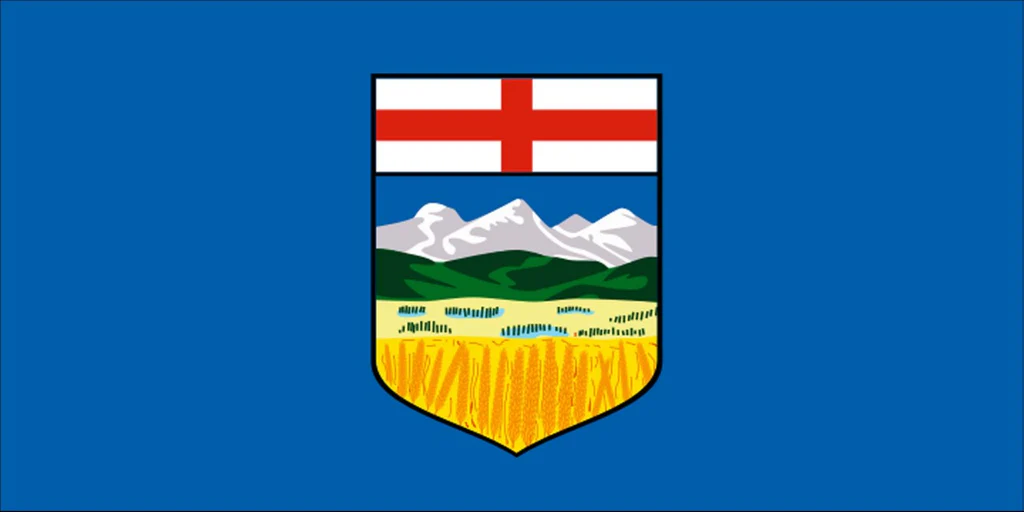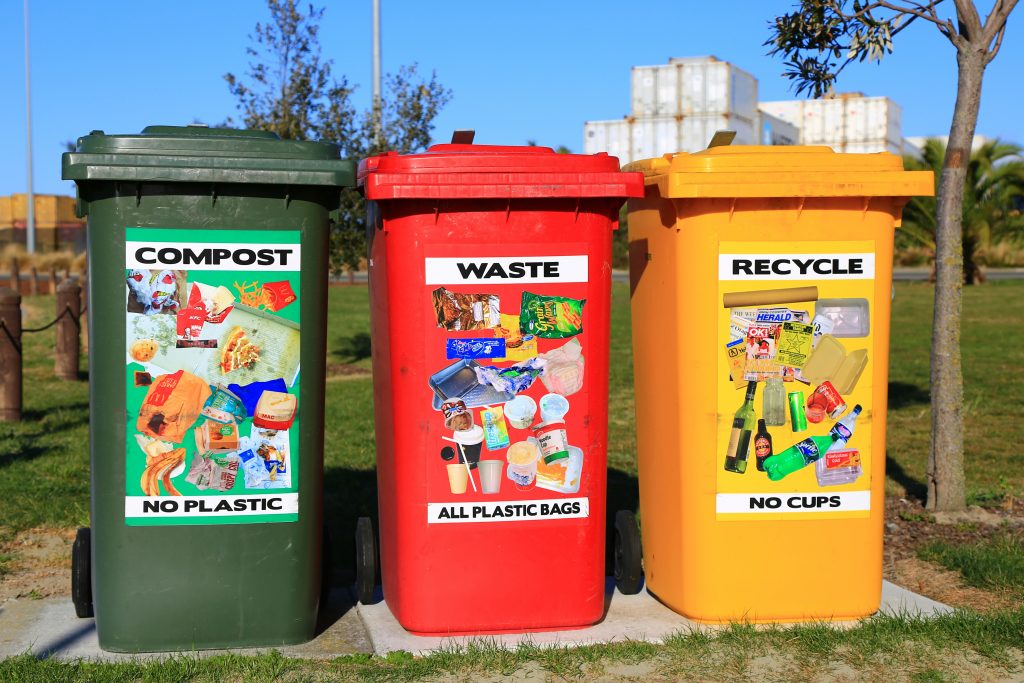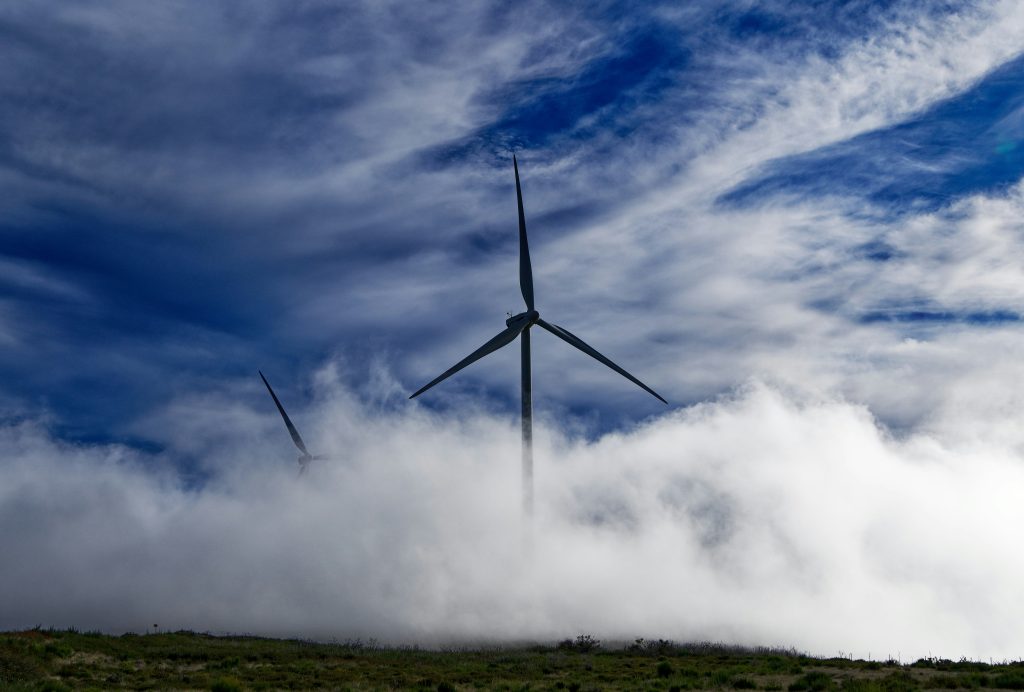Alberta

As a province known for its natural resources and energy sector, Alberta has been taking significant steps to transition towards a more sustainable and environmentally responsible future. Alberta leads Canadian provinces in the renewables sector, with significant movement in utility scale solar and wind projects – taking advantage of the sunny, flat fields that blanket the province, in addition to the extremely windy south (Lethbridge is the second windiest city in Canada!). Although much progress has been made in this sector, Alberta will have to deal with the incumbent oil and gas industry and political obstacles that stand in its way.
Environmental Sustainability
- Alberta’s Climate Leadership Plan:
- Renewable Energy Transition: Alberta has currently nearly $3 billion in current renewables projects underway, 5000MW of secured renewable contracts and aims to hit 30% of the province’s energy generation requirements by renewables by 2030
- Unfortunately, the Province put a seven month hold on renewables projects – citing concerns with grid capacity and decommissioning requirements
- Energy Efficiency and Conservation: Programs like Energy Efficiency Alberta provide incentives and support for energy-efficient upgrades and retrofits in homes, businesses, and communities. This is helped with funding through the Alberta Carbon Pricing – which disincentivizes carbon intensive products and services.
- Waste Management and Circular Economy: The province’s Waste Reduction Strategy promotes extended producer responsibility (EPR), a modern approach that shifts the responsibility of the disposal/recycling of a product to the manufacturer rather than the consumer. This paradigm shift presents a novel approach to waste diversion that requires close collaboration with industry.
- Local startups such as dumpstore have emerged through Albertan accelerators to help address these concerns – modern data aggregation of waste hauling companies can pair Canadians with the appropriate waste removal option, diverting waste away from landfills. Dumpster haulers play a critical role as ICI waste contributes a significant portion of our landfill waste.
Economic Sustainability
- Sustainable Agriculture and Food Systems:
- The Alberta Environmental Farm Plan helps farmers identify and prevent potential environmental risks on their farms
- Alberta currently supports the development of the Agri-Food industry and sustainability through many funding and acceleration opportunities through public-private partnerships like AlbertaInnovates.
- Green Infrastructure and Transportation: The province is investing in public transit, electric vehicle infrastructure, and active transportation networks to promote sustainable mobility. Alberta has the first Hydrogen fuel hub in Canada. The main logistics hub in Western Canada is located in Calgary and serves many of the imported goods coming from the Port of Vancouver – as such, hydrogen fuel initiatives are being actively developed and invested in in around this corridor.
- Circular Economy Initiatives: Alberta is working with businesses and communities to implement waste reduction, reuse, and recycling programs that create new economic opportunities.
Social Sustainability
- Indigenous Partnerships and Reconciliation: The province is collaborating with indigenous communities to incorporate traditional knowledge and support sustainable development on indigenous lands.
- Just Transition for Energy Workers: Alberta is developing programs and policies to support workers and communities affected by the shift away from fossil fuels, ensuring a fair and equitable transition.
- Affordable Housing and Livable Communities: The province is investing in affordable housing, community infrastructure, and public amenities to enhance the quality of life for all Albertans.
- Education and Capacity Building: Alberta is integrating sustainability and environmental literacy into its education curriculum and supporting community-based sustainability initiatives.

